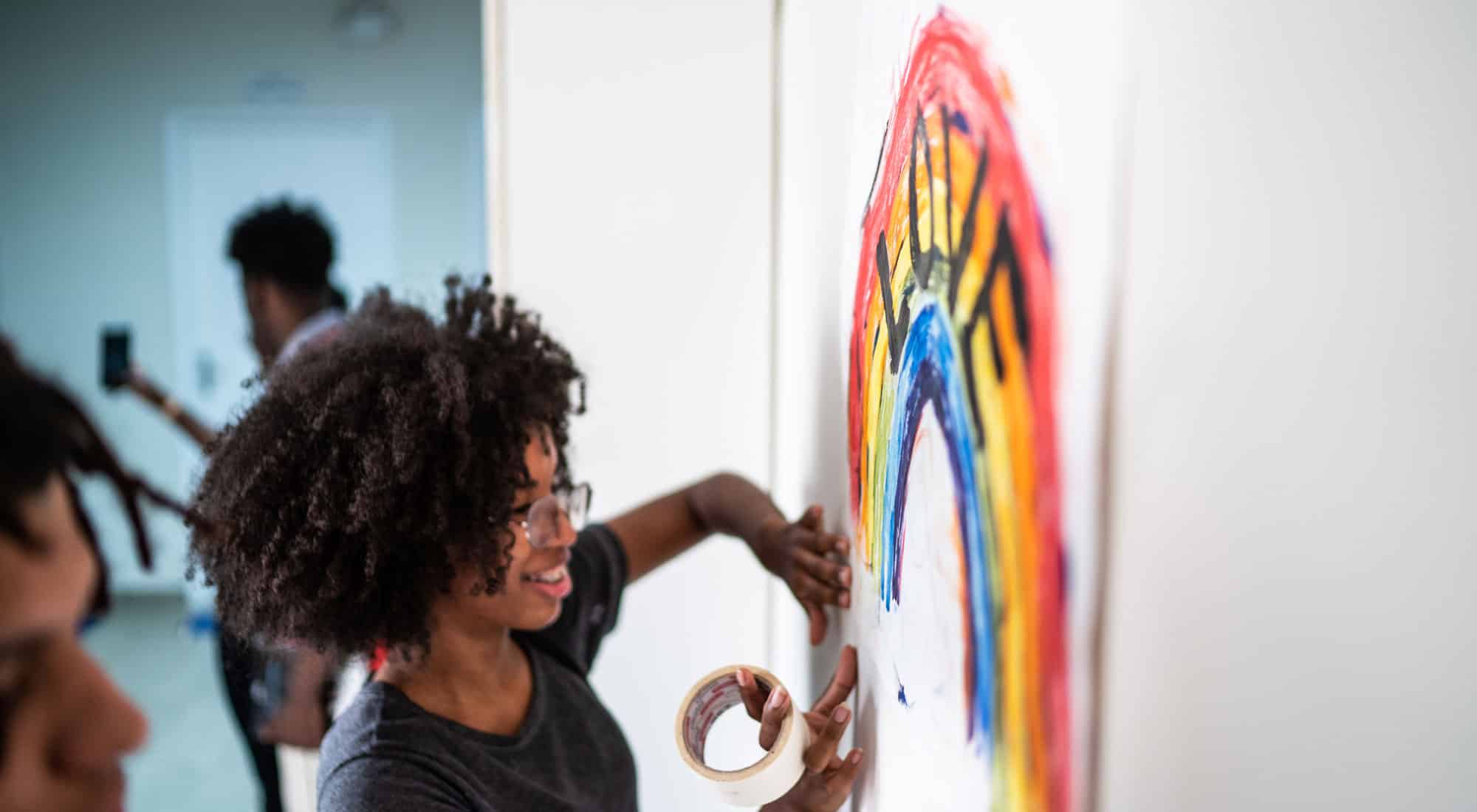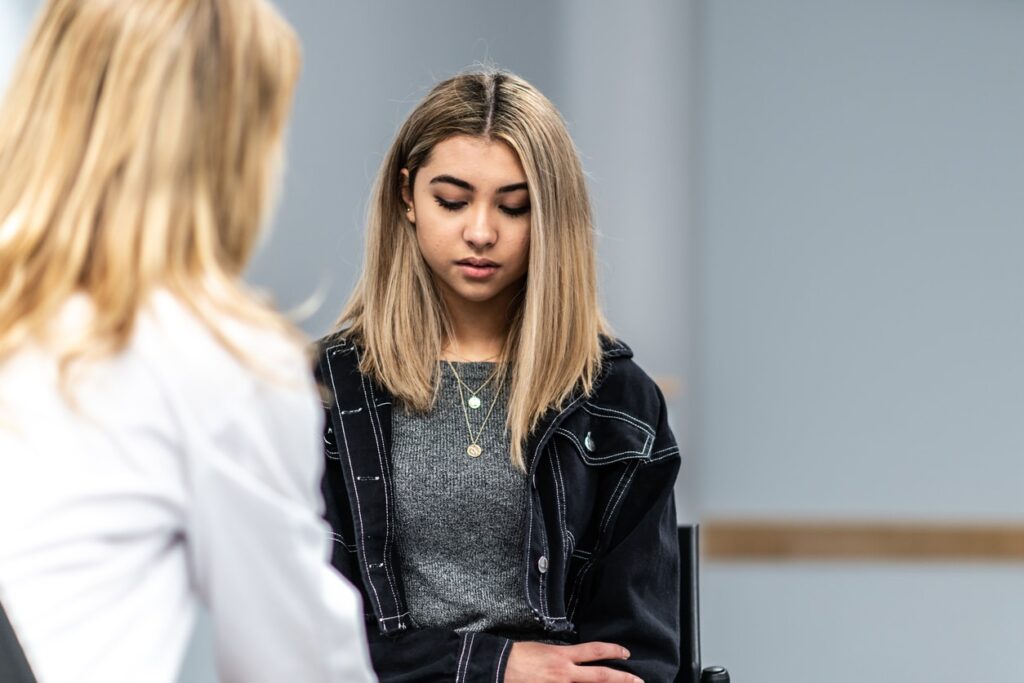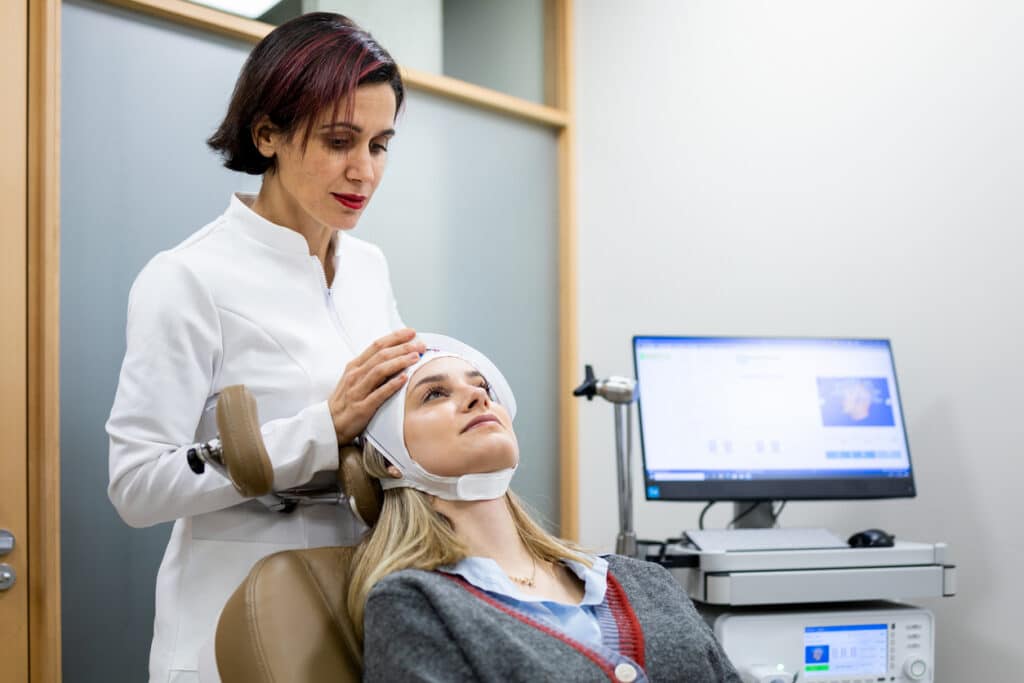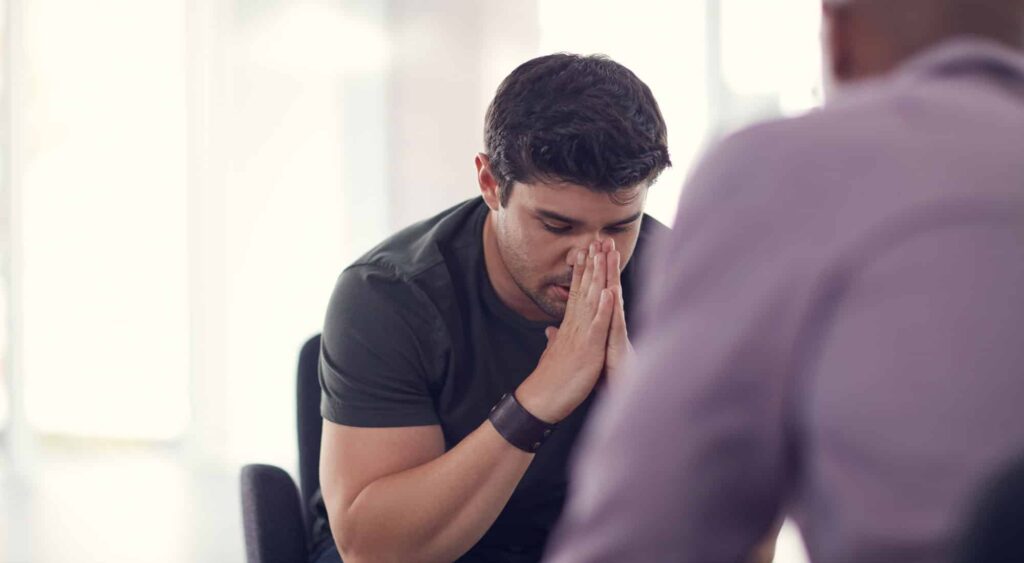By Melissa Riddle Chalos
Here in the US, we pride ourselves on the acceptance and celebration of the LGBTQ community. There are parades and parties and entire channels on television programming to support this important part of our society. With all the celebration, it’s easy to conclude that we as a culture understand the importance of diversity and inclusion for those who identify as LGBTQIA+. But recent research shows we’ve still got a long way to go.
The pursuit of acceptance, understanding, and inclusion is a lifelong struggle for this community. And the struggle impacts not only mental health, but essentially every area of their lives, including education.
Unique Challenges of LGBTQ Students
Think about what it’s like to be in college: the challenges of academia, the financial stress, the social anxiety of succeeding under pressure. It’s no wonder there is a mental health crisis happening on college campuses nationwide. Now imagine what that might be like for LGBTQ students, who walk onto campus already impacted by trauma, discrimination, and even violence.
Never has the importance of inclusion in schools carried more urgency. This is more than just a hopeful initiative, it is a matter of mental health, and for some, a matter of life and death.
Never has the importance of inclusion in schools carried more urgency. This is more than just a hopeful initiative, it is a matter of mental health, and for some, a matter of life and death.
Depression, anxiety, and suicide rates are considerably higher among LGBTQ students, according to a new Best Colleges survey. Consider the stats:
- Almost a third of LGBTQIA+ college students (30%) had suicidal thoughts during the past year, nearly double the rate of heterosexual students (16%).
- LGBTQIA+ students are much more likely than students who identify as straight to say they’ve experienced symptoms of anxiety (66% vs. 49%), depression (53% vs. 34%), burnout (64% vs. 41%), hopelessness (46% vs. 29%), and self-doubt (63% vs. 45%) during the past year.
Dropout rates, as one would expect, are at an all-time high, with one in four LGBTQ students leaving college specifically for mental health reasons.

For LGBTQ students who identify as Black, Indigenous, or people of color (aka “BIPOC”), the challenges are even greater. “These students face heightened experiences of racism and discrimination,” says The Trevor Project’s Keygan Miller in USA Today. Miller says they have fewer financial resources to afford textbooks and other educational needs, let alone mental healthcare from practitioners who understand and can meet the needs of their intersecting identities.
Overall, 92% of LGBTQIA+ college students say their mental health has negatively impacted their collegiate experience. Let that number sink in: 92%.
At colleges and universities with religious affiliations, the negative impact can be even greater. One survey conducted by Religious Exemption Accountability Project (REAP), reports that LBGTQ students are three times more likely than heterosexual students to experience depression and anxiety, and face sexual assault, anxiety, and disciplinary action.
Progress Is Possible
Not all the news is bad, however. More is being done on college campuses nationwide to signify a greater understanding of the importance of diversity and inclusion.
Inclusive campuses provide gender-inclusive housing, LGBTQ resource centers on campus, and allow students to have their preferred or chosen name in student registries, among other affirming considerations.
More campuses are offering training in cultural competence for their administrators, professors, and staff, to teach teachers how to support LGBTQ students and ensure more allies on campus.
More campuses are offering training in cultural competence for their administrators, professors, and staff, to teach teachers how to support LGBTQ students and ensure more allies on campus. And more colleges and universities are adding mental health days to the semester schedule to better support the mental health needs of students.
“I think that LGBTQ health and well-being … needs to be elevated as a priority campus-wide,” says Laura Horne of Active Minds in USA Today. “We need heightened awareness of the fact that if we care about student mental health, we care about LGBTQ students, inclusion, and belonging.”
Inclusive, Invaluable Treatment
At The Meadows, we understand the importance of diversity and inclusion with mental health and wellness. We know how the traumas experienced by LGBTQIA+ individuals have eroded their ability to trust or utilize the very systems that are supposed to serve us all, like healthcare, law enforcement, employment resources, and more. Knowing this, our goal is to create a safe space for LGBTQ+ individuals to embrace their true identity and orientation, gain empowerment, and overcome past hardship and isolation.
The Coming Home: For LGBTQ+ workshop at our sister site, Rio Retreat Center at The Meadows combines trauma-informed experiential therapy in an accepting, open environment where you are free and encouraged to embrace your authentic self and identity. Here, you can learn that empowerment is feeling liberated in your own body, free from heteronormative constructs about who and how you are “supposed” to be.
If you or a loved one could use some help in coming home and finding freedom, empowerment, and peace in who you are, The Meadows is here to help. Reach out today to learn more about our treatment programs and all we have to offer.



